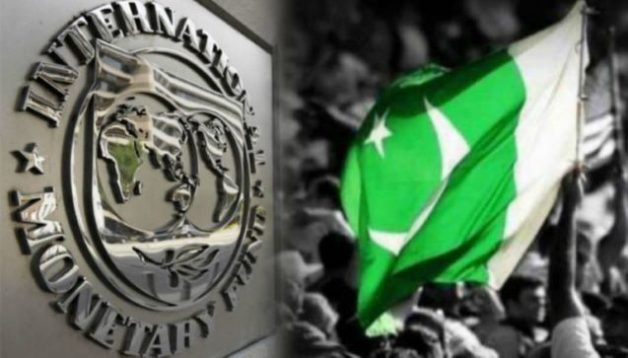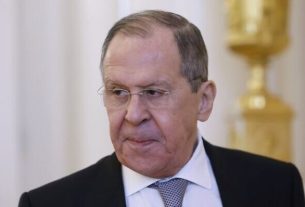ISLAMABAD – Pakistan and International Monetary Fund (IMF) have reached a staff level agreement on the second and final review under Standby arrangement. This came during meetings between Pakistani authorities and the IMF team led by Nathan Porter in Islamabad. Pakistan will receive 1.1 billion dollars after approval from the IMF’s Executive Board.
“Upon the approval of the IMF’s Executive Board, Pakistan will have access to SDR 828 million (around US$1.1 billion),” IMF team leader Nathan Porter said in a press statement on the conclusion of a six-day talks between Pakistan and the Fund’s officials. An IMF team, led by Nathan Porter, visited Islamabad from March 14-19, 2024, to hold discussions on the second review of Pakistan’s economic programme supported by an IMF SBA.
Porter, in the statement, said the Fund team reached a stafflevel agreement with the Pakistani authorities on the second and final review of Pakistan’s stabilisation program supported by the IMF’s US$3 billion (SDR2,250 million) SBA approved in January 2024. “This agreement is subject to approval by the IMF’s Executive Board, upon which the remaining access under the SBA, US$1.1 billion (SDR 828 million), will become available.”
Acknowledging the measures taken by Pakistan to stabilise the national economy, he said “Pakistan’s economic and financial position has improved in the months since the first review, with growth and confidence continuing to recover on the back of prudent policy management and the resumption of inflows from multilateral and bilateral partners.”
However, he said, growth was expected to be modest this year, and, “Inflation remains well above target, and ongoing policy and reform efforts are required to address Pakistan’s deepseated economic vulnerabilities amidst the ongoing challenges posed by elevated external and domestic financing needs and an unsettled external environment.” He said the newly elected government was committed to continue the policy efforts that started under the current SBA to entrench economic and financial stability for the remainder of this year.
In particular, he said, the authorities were determined to deliver the FY24 general government primary balance target of Rs401 billion (0.4 percent of GDP), with further efforts towards broadening the tax base, and continue with the timely implementation of power and gas tariff adjustments to keep average tariffs consistent with cost recovery while protecting the vulnerable through the existing progressive tariff structures, thus avoiding any net circular debt (CD) accumulation in Fiscal Year 2024.
“The State Bank of Pakistan remains committed to maintaining a prudent monetary policy to lower inflation and ensure exchange rate flexibility and transparency in the operations of the FX market,” he added.
Porter further said the authorities also expressed interest in a successor medium-term Fund-supported program with the aim of resolving Pakistan’s fiscal and external sustainability weaknesses permanently, strengthening its economic recovery, and laying the foundations for strong, sustainable and inclusive growth.
While these discussions are expected to start in the coming months, key objectives are expected to include strengthening public finances, including through gradual fiscal consolidation and broadening the tax base (especially in under-taxed sectors) and improving tax administration to improve debt sustainability and create space for higher priority development and social assistance spending to protect the vulnerable.
The other objectives of the discussion include restoring the energy sector’s viability by accelerating cost-reducing reforms through improving electricity transmission and distribution, moving captive power demand to the electricity grid; strengthening distribution company governance and management and undertaking effective anti-theft efforts; returning inflation to target, with a deeper and more transparent flexible forex market and supporting external rebalancing and the rebuilding of foreign reserves.
Besides promoting private-led activity through the above-mentioned actions as well as the removal of distortionary protection, advancement of State Owned Enterprises (SOEs) reforms to improve the sector’s performance, and the scaling-up of investment in human capital to make growth more resilient and inclusive and enable Pakistan to reach its economic potential would come under discussion.__The Nation





